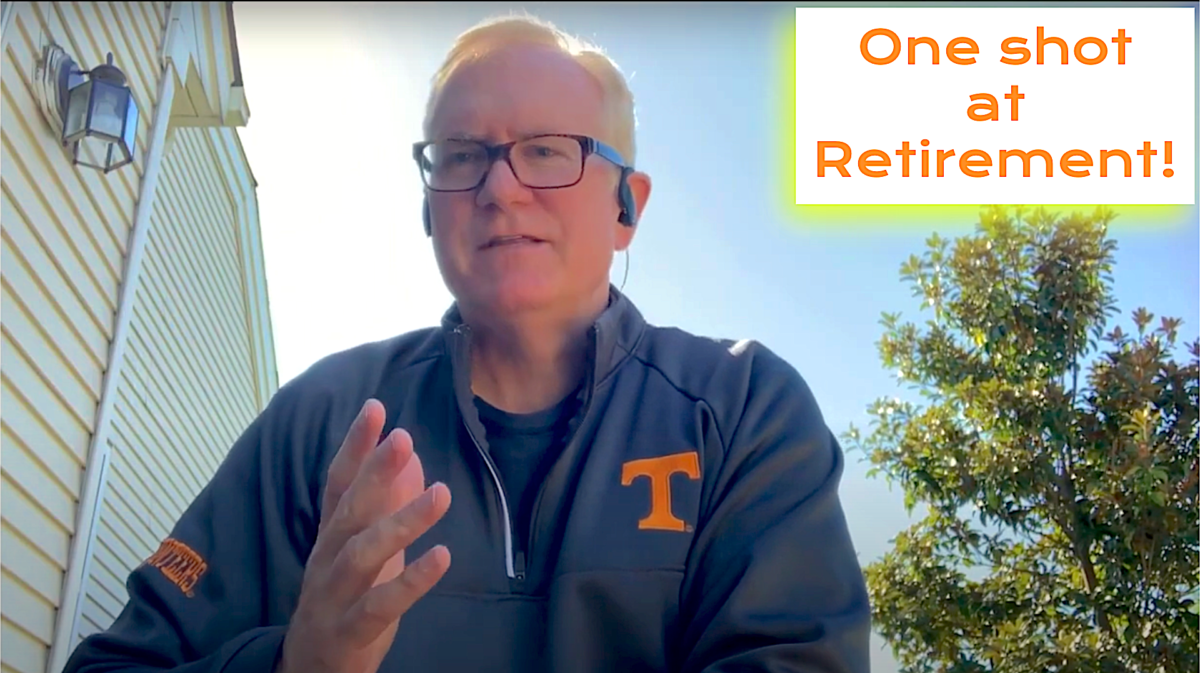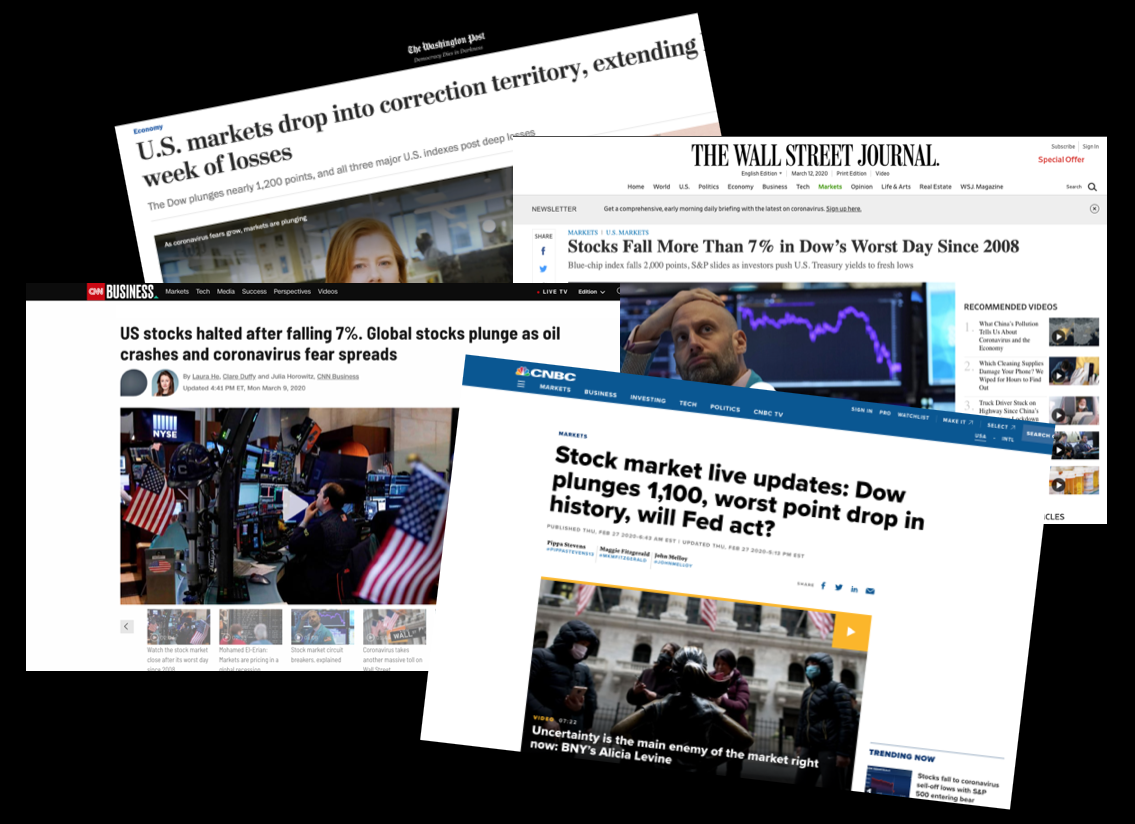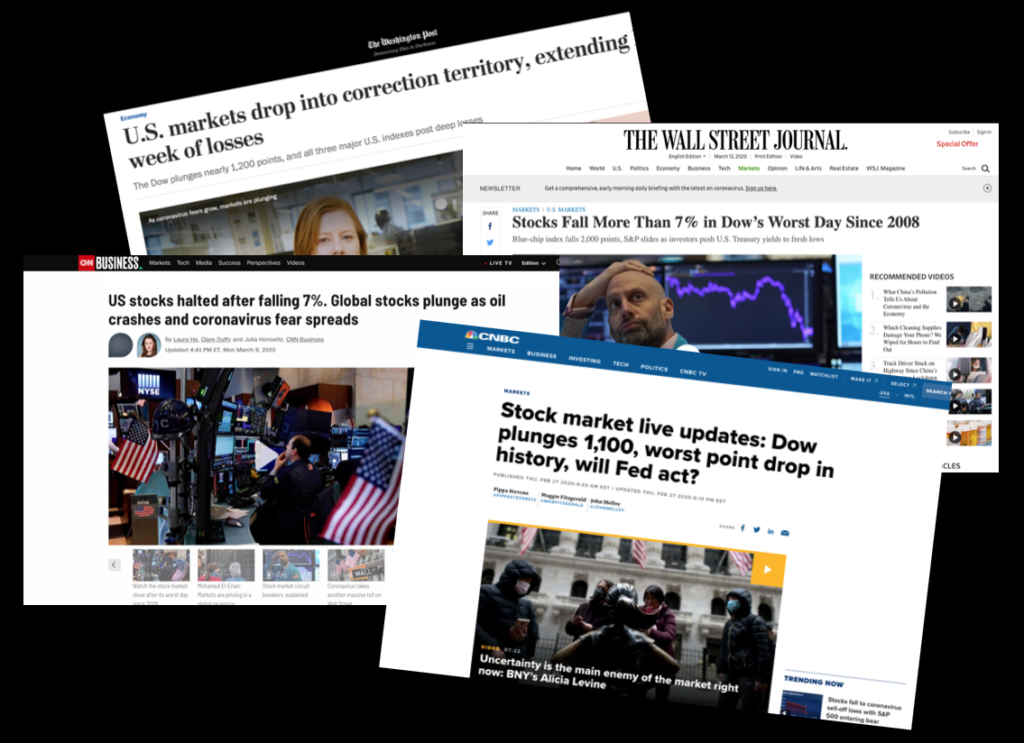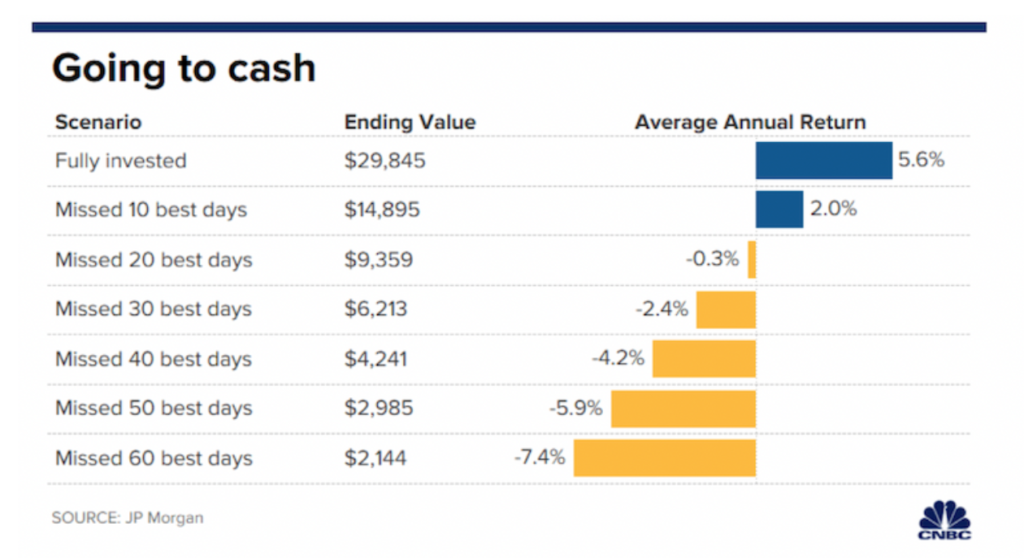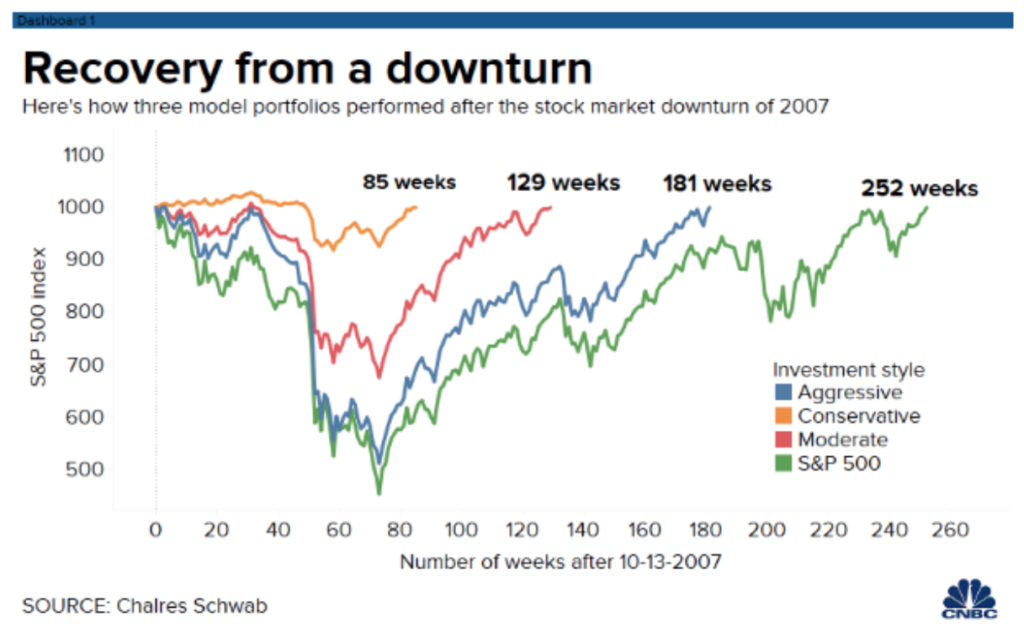Dreaming of a multimillion dollar nest egg? Kevin Gormely, CFP®, CPA shares 7 practical actions pilots can take to significantly increase their chances of achieving financial freedom. Learn valuable tips like maximizing retirement contributions, understanding healthcare costs, and creating a strategic savings plan. The video is inspired by the wisdom of Charlie Munger, who emphasizes consistent smart financial decisions over chasing high returns. Forget the "when I get rich" fantasies and start building your wealth today!
Please remember that past performance may not be indicative of future results. Different types of investments involve varying degrees of risk and there can be no assurance that the future performance of any specific investment, investment strategy, or product made reference to directly or indirectly in this video will be profitable, equal any corresponding indicated historical performance level(s), or be suitable for your portfolio. Moreover, you should not assume that any information or any corresponding discussions serves as the receipt of, or as a substitute for, personalized investment advice from Leading Edge Financial Planning personnel. The opinions expressed are those of Leading Edge Financial Planning and are subject to change at any time due to the changes in market or economic conditions.


